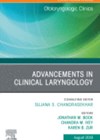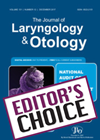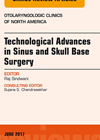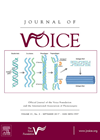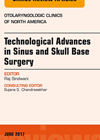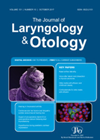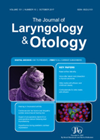
Journal Reviews
Medication and its effect on the larynx
This article summarises different medications and their effect on the voice. A growing number of patients we see in clinic are on multiple medications that could affect vocal cord function. The author summarises different classes of medications and their potential...
Role of oral and intranasal steroids in the management of otitis media with effusion
Inflammation is considered an important factor in the pathogenesis and continuation of otitis media with effusion. Theoretically, this may support the use of steroids, oral or intranasal in the management of this condition. This study comprised three well matched groups...
Stenting and sinus surgery
Stents are used in sinus surgery with the aim of maintaining patency of sinus cavity avoiding restenosis from inflammation or scarring. The exact indication for stenting in sinus surgery however is still debated. The authors discussed the potential role of...
Should we routinely perform steroid injections following microlaryngeal excision of benign lesions?
This retrospective cohort study assessed a single surgeon’s outcomes before and after the routine administration of intralesional triamcinolone following microsurgical removal of benign vocal fold lesions (polyps, nodules and cysts). A total of 211 patients were recruited for the study....
A review of topical treatments for chronic rhinosinusitis
Topical nasal treatment is considered the mainstay treatment for chronic rhinosinusitis (CRS). The authors reviewed the effectiveness of saline irrigation, topical corticosteroids, topical antibiotics and topical antifungals in the treatment of CRS. Large volume saline irrigation was found to be...
Role of intranasal steroids after radiotherapy for nasopharyngeal carcinoma
Rhinosinusitis often follows radiotherapy in the treatment of carcinoma of the nasopharynx. The interval and severity may vary with the dose of radiation and stage of the carcinoma. In this randomised, controlled study, patients who developed rhinosinusitis after radiotherapy treatment...
Use of topical steroids and antibiotics, compared to systemic antibiotics in the treatment of acute rhinusinusitis
Acute rhinusinusitis is mainly initiated by viral infections. Bacterial infection is usually superadded. The inflammatory cascade upregulates the pro-inflammatory mediators resulting in pain, nasal obstruction and nasal discharge. Local application of steroids and antibiotics could provide a higher concentration of...

